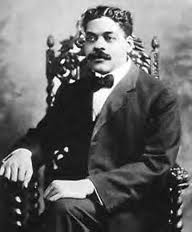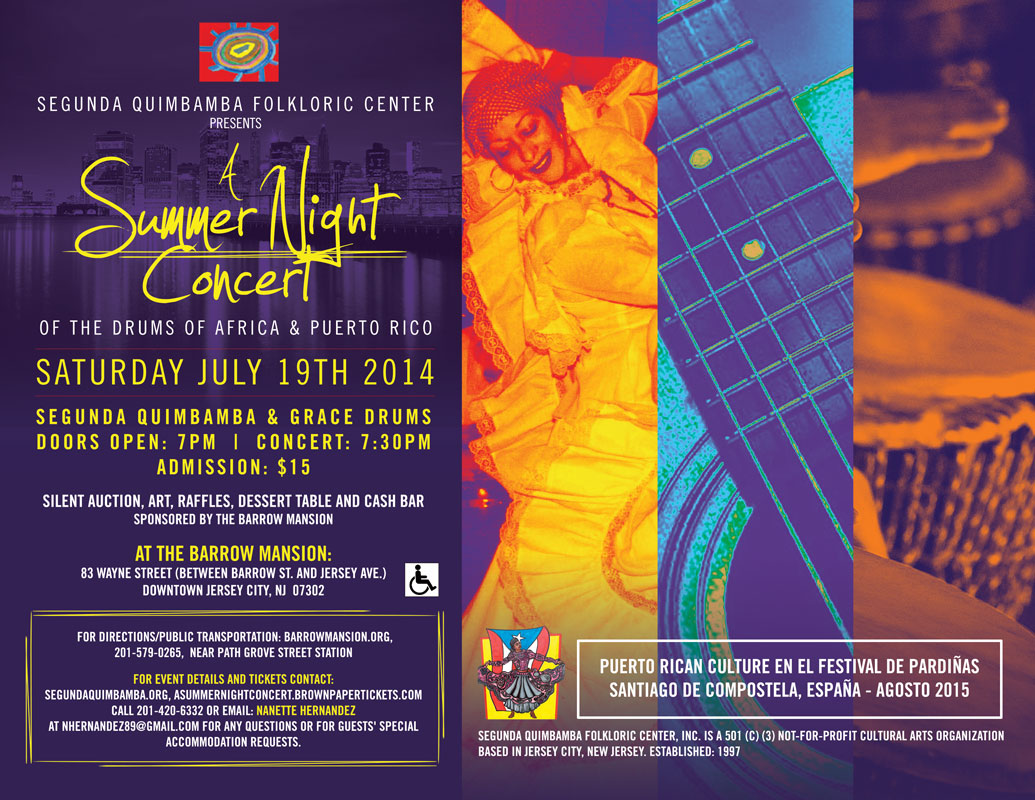Exploring Venezuela’s African History with Evelyne Laurent-Perrault

by Nicolle Morales Kern
Evelyne Laurent-Perrault was born to Haitian and Venezuelan parents in Caracas, Venezuela, a city she loves for its beauty and the warmth of its people. Evelyne’s father was an engineer and her stepmother was a pharmacist. She grew up in an area of Caracas where few people looked like her family, and her peers perceived her as a minority. Evelyne described the experience as “a double-edged sword, an illusion of inclusion, but the inclusion had its limits.”
While growing up, she didn’t have the language to describe her situation nor was she able to express the range of emotions she felt in a world where being black was not appreciated. Yet, something changed when her Licenciatura degree in Biology, from the Universidad Central de Venezuela, led her to an internship at the New York Zoological Society. As part of the internship, she lived in South West Cameroon working in wild life conservation. During her African sojourn Evelyne witnessed many cultural similarities between Africans and Venezuelans.

A view of Caracas. Photo: http://www.doitintheamericas.com/venezuela/
For example, in Venezuela, when someone asks you where something is, you don’t point with your finger to show them, you signal with your lips; a custom also common in some parts of Africa. Another example can be found in expressions used. While engaged in conversation with a friend from Angola, Evelyne used the phrase en fua, describing when something comes to an end. Her African friend understood the term, defining it in his language, Kikongo, as meaning dead.
It was this and other experiences that helped her realize that African contributions in Venezuela were deeper than she initially thought. These contributions aren’t taught in Venezuelan schools. For instance Venezuelan schools recognize September as the month devoted to celebrating both Columbus Day and Spain as Venezuela’s mother country.
With the weight of those experiences, Evelyne hasn’t stopped questioning what and how the story of Africa is told. Her dissertation, as a PhD candidate at New York University’s History Department- African Diaspora program, explores the intellectual contribution of Afro-descendants in Caracas-Venezuela, during the end of the colonial period, 1770-1810. A topic she chose “because this was the last stretch of the colonial period, a lot of changes took place at that time, but I thought that this moment represented also the zenith of people of African descent’s demands.”

Jesús “Chucho” Garcia. Photo: http://www.geledes.org.br
Interest in exploring the African influence on Venezuela has been changing with the growth and visibility of the Afro-Venezuelan movement. A movement shaped by several individuals including Jesús “Chucho” Garcia, who began research on the cultural connections between the area he is from in Venezuela (Barlovento) and Angola in the 1980s. Another contributor is professor Michaelle Ascencio a Haitian anthropologist, Emeritus professor from the Universidad Central de Venezuela, who has conducted significant research on Afro-Venezuelan and Caribbean culture. Miguel Acosta Saignes is known for his research on slavery.
Most notably, the change is apparent in the 2011 Census, which for the first time included different ethnicity choices: Afro-descendant, Negro, and Moreno. The main reason these options were never available before is because the country considered everyone to be Venezuelan, a classification meant to eliminate the colonial practice of using ethnicity to treat people differently. The 2011 Census sparked a debate on terminology, Afro-descendant (recently introduced by activists) versus Negro (a derogatory term, which is also used as a term of endearment), while Moreno is the most common term that people identify with and has traditionally been used since the colonial period.
Venezuela now also has a Center of African Knowledge and Studies of African Diaspora and a university that offers African Diaspora study programs. One of Evelyne’s recent trips to Caracas was to participate in the first forum on African descendancy, which paid homage to Juan Jose Rondon (1790-1822), a Black independence hero who has not been recognized as much in Venezuela as he is in Colombia.
Evelyne is the founder of the Arturo A. Schomburg Symposium, hosted every year by Taller Puertorriqueño in Philadelphia, PA since 1996. “In 1996, while working at Taller Puertorriqueño, it blew my mind the lack of information in the Latino and Black communities about the African influence on Latinos. Both Latinos and Blacks were confused by me because I wasn’t just Black or just Latino,” Evelyne said of the inspiration for the symposium.
Over the past 17 years, the Schomburg Symposium has presented and discussed a variety of topics such as general information on the African presence in Latin America and Latinos cultures, religion, Her-story, culinary arts, poetry, and more. The topic for the 2013 Schomburg Symposium was Messages: Children’s Identity Formation and Representation of Blackness. This topic was inspired by two incidents that speak to the portrayal and impact of black imaging. First, a Schomburg Symposium’s committee member’s child was upset that no one in the cartoons he watched looked like him, and second, when Trayvon Martin was killed, Evelyne asked herself, “When did the killer begin to harbor negative feelings toward Blacks.”
Despite years of living and traveling throughout the U.S., Europe, Africa, Latin America, and the Caribbean, Caracas is a city Evelyne will always love. She describes Caracas as a city that has changed a lot since the days she grew up there, and has become more violent. But, what she loves about it so much are “its mountain El Avila, the warmth of its people, its spirit, and above all my family.” In the past seven months, she has traveled to Caracas on four separate occasions: to conduct research for her dissertation, to attend a conference, to celebrate her father’s 92nd birthday, and to care for her father who became ill (he has since recovered).
For this mother of two daughters, ages nine and 14, her ultimate dream is to get a tenure track position that allows her to to teach Fall semester in the United States and Spring semester abroad, preferably in the Caribbean. “I could spend the rest of my life researching the Afro-Venezuelan story.”










Reblogged this on Forever Black Effusion.
Reblogged this on .